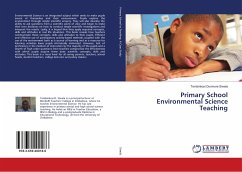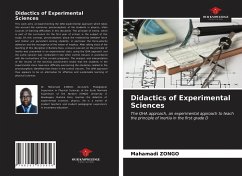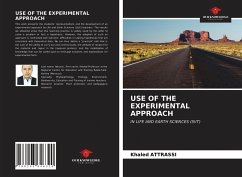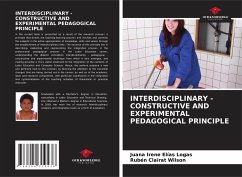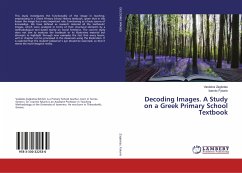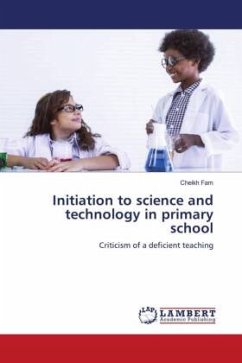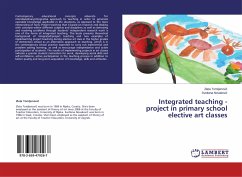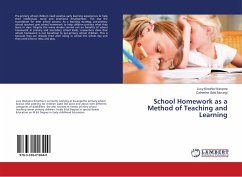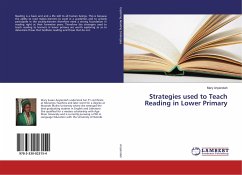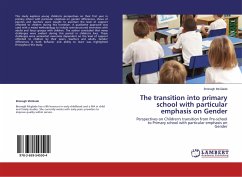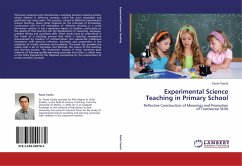
Experimental Science Teaching in Primary School
Reflective Construction of Meanings and Promotion of Transversal Skills
Versandkostenfrei!
Versandfertig in 6-10 Tagen
51,99 €
inkl. MwSt.

PAYBACK Punkte
26 °P sammeln!
This book underpins and characterises a teaching practice involving primary school children in different contexts, which has been developed and perfected over many years. This practice, coined as Reflective Experimental Science Teaching, places great emphasis on the processes of knowledge construction and on the stimulation of reflective thinking in a social interaction context. It has a significant impact on children, particularly on the quality of their learning and the development of reasoning, language, problem solving and autonomy skills. These results must be understood in the frame of a...
This book underpins and characterises a teaching practice involving primary school children in different contexts, which has been developed and perfected over many years. This practice, coined as Reflective Experimental Science Teaching, places great emphasis on the processes of knowledge construction and on the stimulation of reflective thinking in a social interaction context. It has a significant impact on children, particularly on the quality of their learning and the development of reasoning, language, problem solving and autonomy skills. These results must be understood in the frame of a teaching process that elicits a learning atmosphere characterised by freedom of communication and substantial intellectual investment, with genuine reflection, discussion and cooperation in the resolution of certain situations and problems. This book also provides the reader with a set of narratives that illustrate the nature of the teaching and learning process. The interpretive analysis of these narratives gives evidence of learning quality-improving processes and offers a critical view on the limits imposed by the Piagetian perspective for the acquirement of certain scientific concepts.



